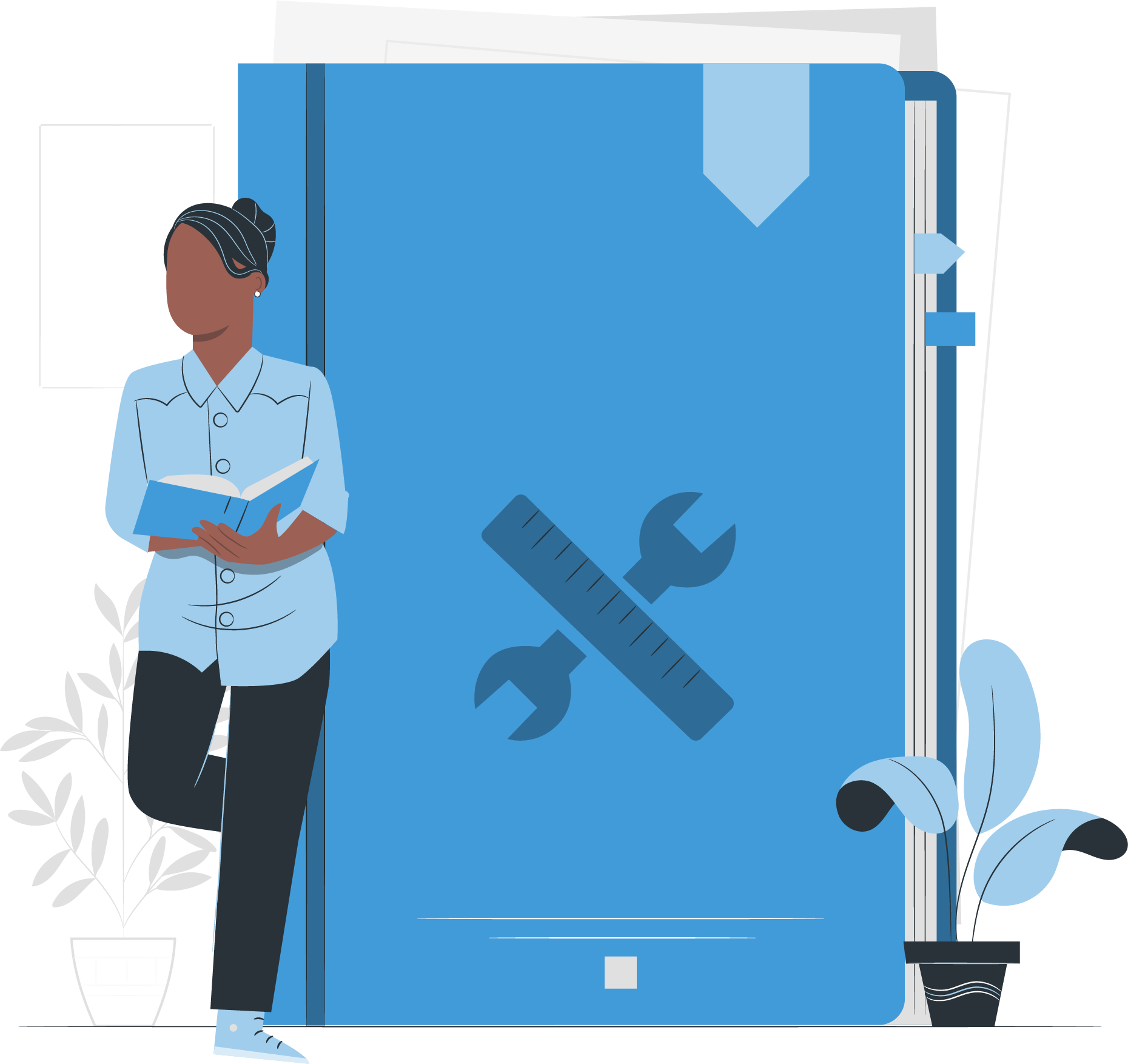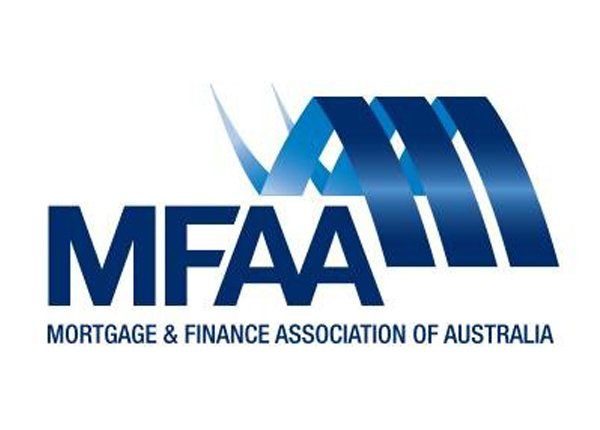Why invest in a property early in your career?
Investing in a home early in your career has several key benefits for building your net worth:
Building Equity: As you pay down your mortgage, you build equity in your home. Equity is the difference between the market value of your home and the amount you owe on your mortgage. Over time, this equity can become a significant part of your net worth.
Appreciation: Real estate tends to appreciate over time, meaning your home's market value can increase. This appreciation can add to your net worth as the value of your investment grows.
Forced Savings: Paying a mortgage can be seen as a form of forced savings. Unlike rent, which is an expense, mortgage payments contribute to an asset you own, thereby improving your financial standing.
Tax Benefits: Homeowners often benefit from tax deductions on mortgage interest and property taxes, which can result in significant savings.
Stability and Predictability: Homeownership provides stability and predictability in housing costs, especially if you have a fixed-rate mortgage. This can help with long-term financial planning and security.
Potential Rental Income: If you choose to move later in life, you can rent out your property, creating an additional stream of income.
We’re here to answer your questions
-
Is it wise to invest in a rental property while I am still renting my home?
This depends - it can be a smart strategy if you have the financial stability to support both. This approach allows you to start building equity and generating rental income without the immediate pressure of owning your own home.
-
How do I calculate the return on investment (ROI) for a rental property?
Calculate ROI by subtracting annual expenses (mortgage, taxes, insurance, maintenance, etc.) from annual rental income, then dividing by the total investment cost (down payment, closing costs, repairs). This gives you a percentage that represents your ROI.
-
What are the risks involved in property investment?
Risks include market fluctuations, property damage, vacancy periods, and unexpected maintenance costs. Mitigate these risks by conducting thorough research, maintaining an emergency fund, and considering landlord insurance.
-
What are the additional costs of buying property?
In addition to the deposit, you’ll need to budget for closing costs, moving expenses, insurance and ongoing maintenance.
-
I'm ready to buy my first property. Should I live in it, or rent it out?
The best type of property to invest in depends on your goals and market conditions. Common options include an apartment or unit, or small house. Consider factors like rental demand, potential for appreciation, and maintenance costs.
Our process
Here’s our step-by-step guide to securing your dream home with our mortgage solutions for medical professionals
01
Start the process
Initial interview, gathering documents such as ID, payslips, statements
02
Review Lender and Product
Broker to review my financial circumstances and provide me with loan recommendations
03
Submit application
Sign the Bank application forms for the Broker to submit to the bank
04
Start the process
Broker to keep me informed along the way as the Bank reviews my application and verifies the information provided
05
Formal approval
Unconditional approval issued by Broker meaning formal acknowledgement of loan application has been approved
06
Signing of Loan Documents
Broker to organise a time with me to come in and sign my loan contracts
07
Settlement
Broker will advise my conveyancer to book in settlement directly with the bank. If refinancing, my Easy Loans Broker will liaise directly with the bank.
08
Post review
Broker will keep in touch with me as their settlement service doesn't end after I settle - they are here to help me for the life of the loan.
How to get started
Book in for a free consultation
Contact Us
We will get back to you as soon as possible.
Please try again later.
Download our home loan checklist
To help you stay organised and make sure you don’t miss any crucial steps, we’ve created a comprehensive Home Loan Checklist.
Easy Loans Pty Ltd is a Corporate Credit Representative
(Corporate Credit Representative Number 396694) of BLSSA Pty Ltd (Australian Credit License Number 391237)
Website designed and developed by Captovate



